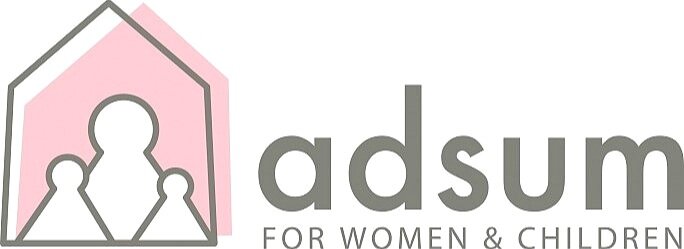About
We are sheltering 200 people daily at Adsum House and The Bridge; another 300+ people including children are being supported in emergency units and hotel rooms, and 100 people are living in permanent affordable housing that is owned by Adsum. Services including housing support and eviction prevention allow Adsum to reach many hundreds more.
Adsum has a long history of working with marginalized individuals and families who experience poverty and homelessness. At Adsum, we know first-hand how poverty, systemic discrimination, gender inequality, racism, disabilities, and trauma intersect and create layered barriers to securing stable housing. Adsum clients face diverse social and personal obstacles that include, but are not limited to; mental illnesses, lack of education, single-parenthood, addictions, and histories of trauma and violence. The folks we work with are managing complex life challenges, while negotiating systems that further contribute to their marginalization, such as criminal justice, community services, child protection, and immigration systems.
Adsum recognizes that the more marginalized an individual is, the more complex their experience of oppression will be, and the more likely they are to experience unstable housing and homelessness. We work from an anti-oppressive, feminist, trauma-informed framework.
Adsum works predominantly with women, but often supports gender-diverse people. Adsum also works with families, most of whom are women-led by single mothers. Women are more likely to be poor than men and are more vulnerable to homelessness and unstable housing. Women and gender-diverse people’s homelessness is directly related to their disproportionate experience of poverty, systemic discrimination, gender inequality, and violence.
We see women and gender-diverse people from racially marginalized communities, as well as the newcomer community, who struggle with language and cultural barriers. Most recently, we have seen an increase in women whose first language is Arabic and have reached out to translation services to have our policies and procedures translated. Adsum also works with many First Nations women, and strives to have cultural and spiritual needs met, such as inviting smudging in our spaces.
In 2008, Adsum instituted our trans-inclusion policy, recognizing that individuals who identify as transgender, non-binary, gender- diverse are especially vulnerable to discrimination in housing, and are vulnerable to violence in men’s shelters. Some families include partners who are men, to whom Adsum provides services.
Vision:
Everyone has a safe and secure home.
Mission:
To lead change in housing through advocacy, supports and services to end homelessness
Values and Guiding Principles:
We live these values to create hope, security, self-esteem and choice.
Respect:
In order for people to feel respected, valued and have dignity, we meet people where they are, without judgement.
Self-Worth:
We value the uniqueness of each person in order to promote self-worth.
Trust:
We build and maintain relationships that exemplify credibility and trust.
Inclusion:
We believe that people have the right to be included on their own terms.
testimonial
"When I arrived here I didn't know if I'd last a month....I'm now proud to say I'm nearing the 8 year mark. The longest I've been in one place in my adult life."
Strategic Directions:
To be the best we can be as a centre of excellence in housing and homelessness.
To expand our ability to care for people along their housing and homelessness journey by offering a continuum of holistic supports in combination with case management.
To be truly client-directed by ensuring the people who use our services are engaged in identifying their needs.
To make Adsum a great place to work.

